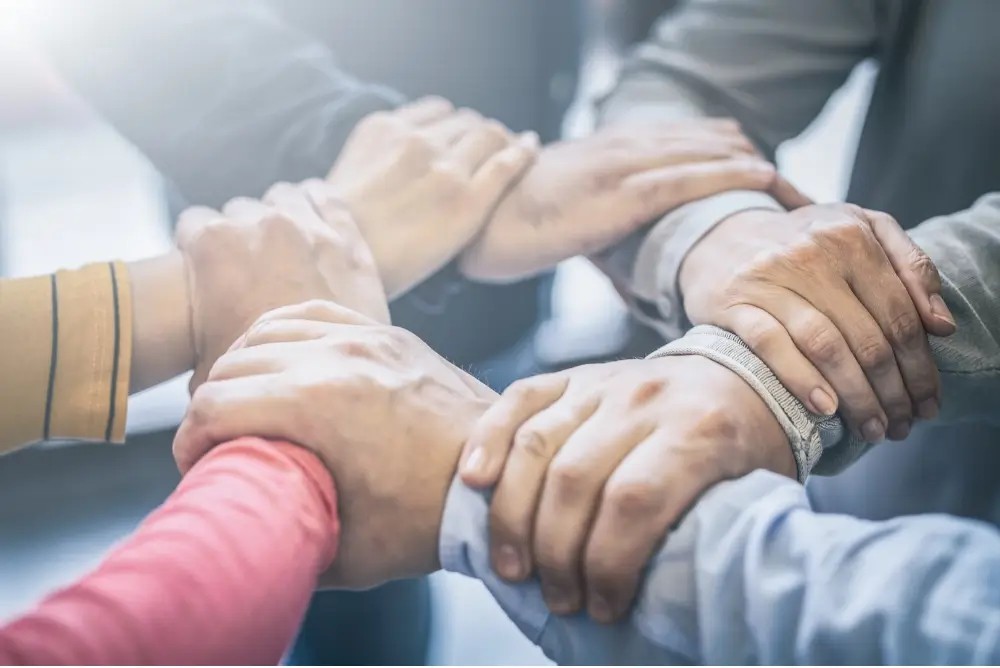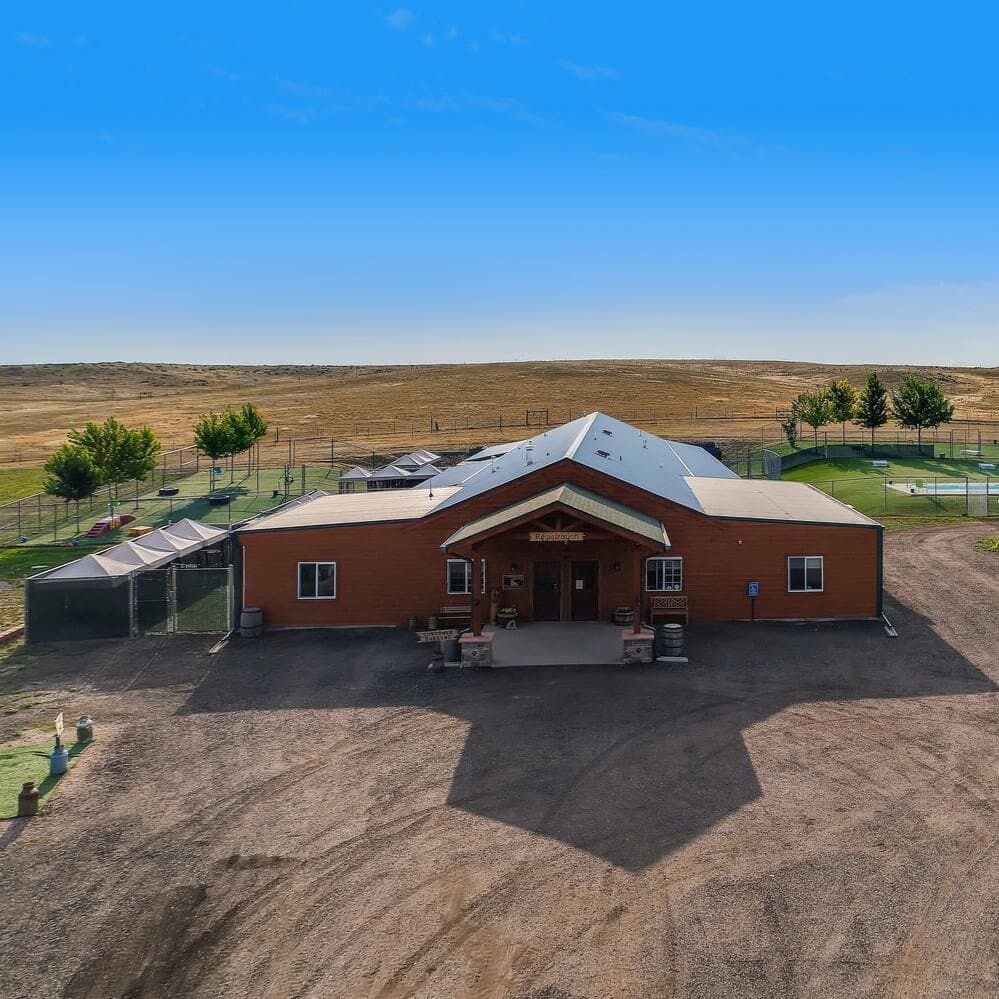Breaking the Cycle: How Men's Group Therapy Supports Emotional Resilience
Men’s group therapy is more than just an outlet—it’s a transformative space where emotional resilience is built through connection, insight, and support. In a world where many men feel pressure to appear invulnerable, group therapy offers a powerful alternative: a place to explore emotions freely, confront personal challenges, and grow alongside others on similar journeys.
At the core of group therapy is the recognition that healing happens in community. When men share their experiences—whether it's dealing with grief, navigating relationship struggles, or managing work-related stress—they begin to understand that their pain is not unique. This realization often sparks a deep sense of relief and belonging. Hearing others’ stories provides not only perspective but also the courage to face one’s own difficulties with renewed determination.
A crucial part of the group dynamic is the mutual accountability it fosters. As participants form bonds and trust grows, they begin to hold each other to higher standards of emotional honesty and personal growth. Whether someone is trying to overcome self-doubt or improve communication in a partnership, fellow group members offer encouragement and practical feedback. The process becomes a shared journey, where each person contributes to the strength and momentum of the group as a whole.
Group therapy also offers men a space to challenge harmful stereotypes around emotional expression. Traditional views of masculinity often equate vulnerability with weakness. In contrast, these sessions model a healthier version of masculinity—one rooted in empathy, openness, and emotional courage. As participants learn to name and express their feelings, they also begin to rebuild their identities in ways that feel more aligned with their true selves.
Professional facilitators guide the group with structure and sensitivity, introducing evidence-based tools to promote emotional growth. Techniques such as cognitive restructuring, breathwork, and guided discussions help men manage triggers and deepen their self-understanding. With each session, participants gain skills that extend beyond the group—into their families, workplaces, and communities.
Ultimately, men’s group therapy becomes a catalyst for lasting change. It helps participants break the cycle of emotional suppression and isolation, replacing it with connection, resilience, and a renewed sense of purpose.
https://denverccc.com/clinical-services




